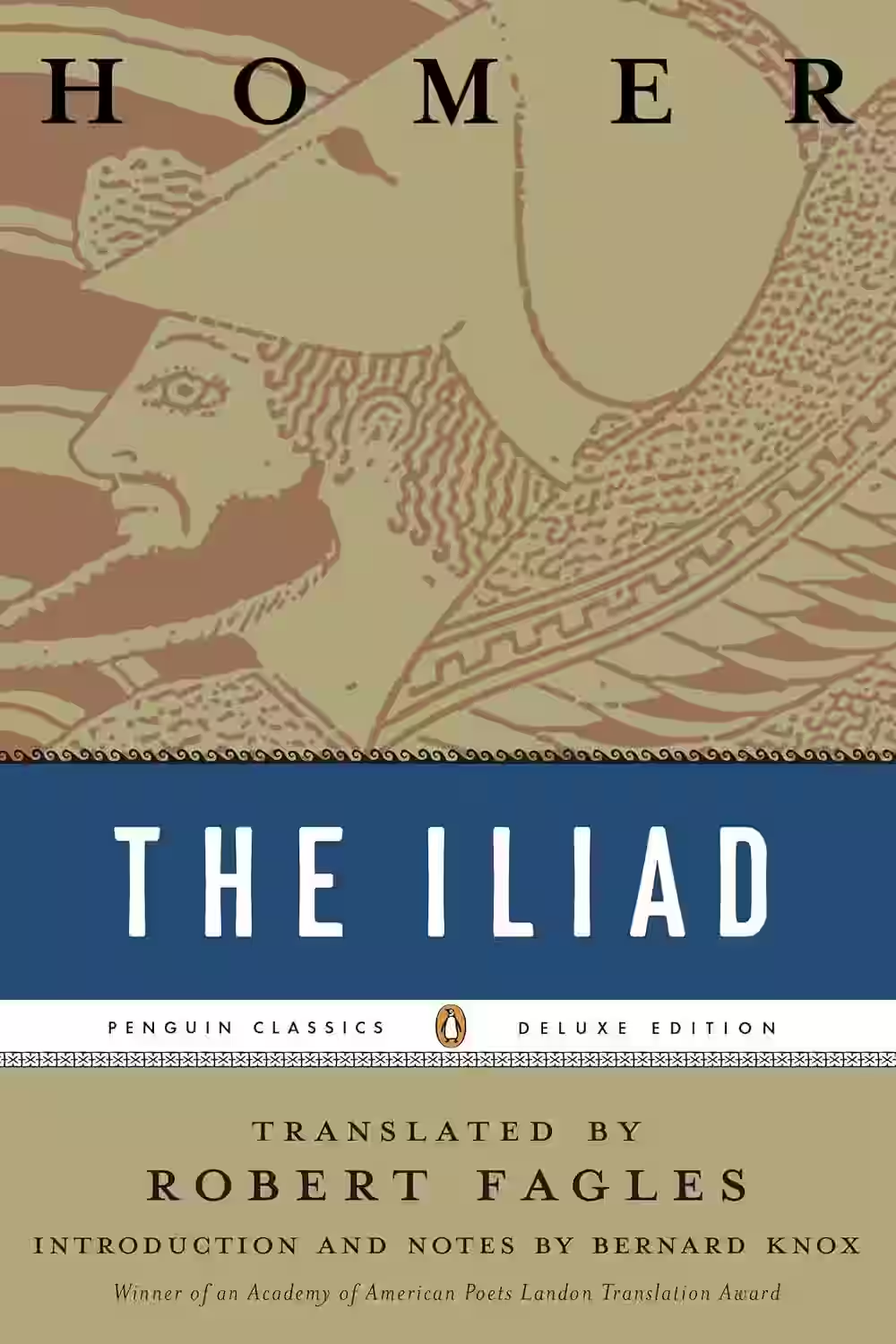
Attributed to Homer, The Iliad is an ancient Greek epic poem that recounts the events of the Trojan War, focusing on the wrath of Achilles. Set during the final weeks of the war, it explores themes of honor, pride, fate, and the brutality of conflict. Heroes like Hector, Agamemnon, and Odysseus face gods and mortality on a battlefield soaked in glory and grief. While it centers on battles, the poem also delves deeply into human emotions, divine intervention, and the consequences of vengeance. A cornerstone of Western literature, The Iliad remains a timeless exploration of war and heroism.
About Homer
The legendary author of the ancient Greek epic poems, The Iliad and The Odyssey. Though his historical existence is debated, these foundational works are cornerstones of Western literature, shaping mythology, philosophy, and storytelling. The Iliad recounts the Trojan War, while The Odyssey follows Odysseus's arduous journey home. Homer's powerful narratives, vivid characterizations, and exploration of heroism, fate, and human struggle have influenced countless generations of writers and artists.
Other Books by Homer
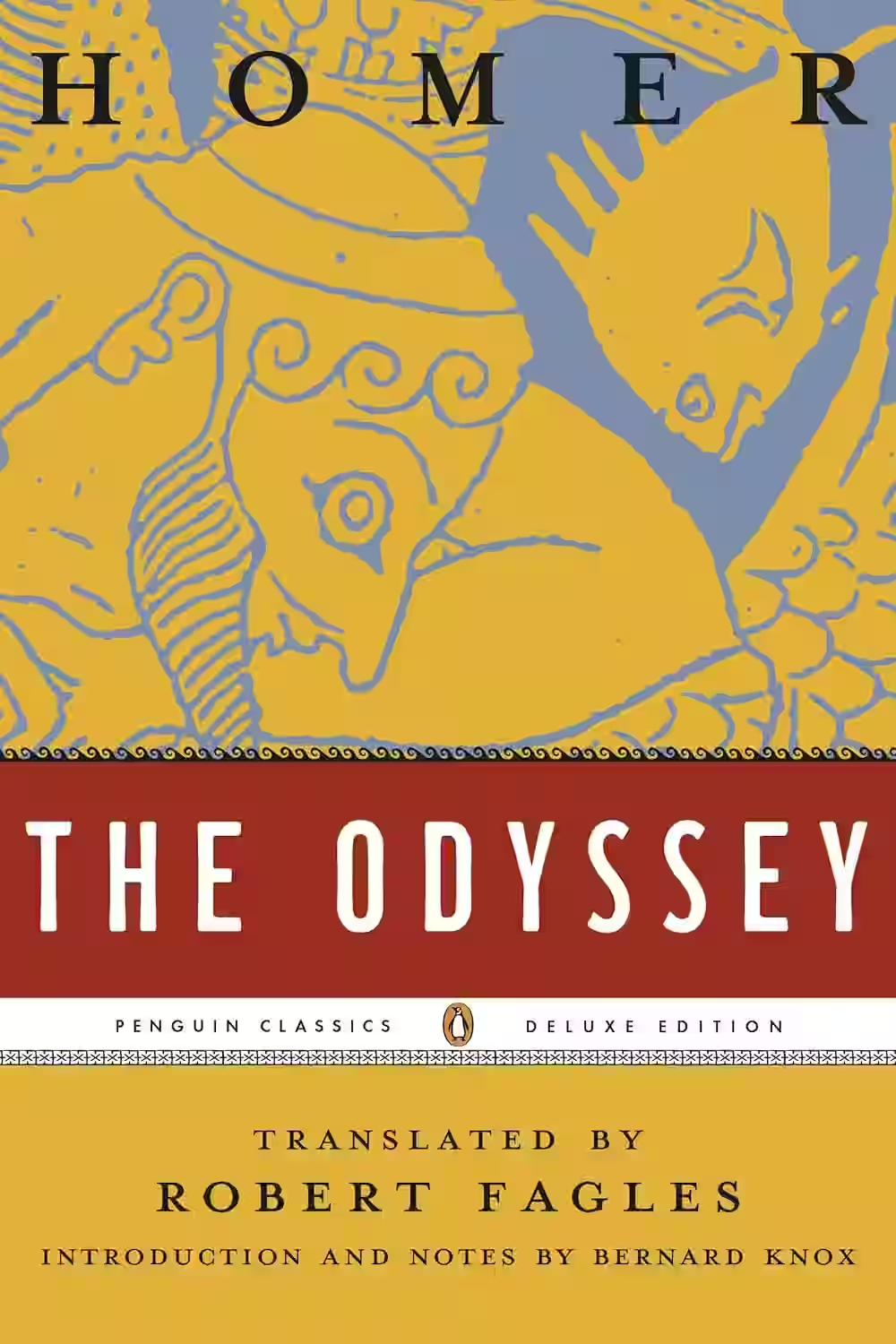
The Odyssey
by Homer
Attributed to Homer, The Odyssey is one of the oldest and most influential works of Western literature. It follows the Greek hero Odysseus as he journeys home from the Trojan War, facing monsters, gods, and temptations along the way. Beyond the adventure, the epic explores themes of perseverance, cunning, loyalty, and the longing for home. Through its episodic structure and poetic language, it has shaped storytelling for millennia and remains a foundational text in the study of myth and heroism.
Similar Books
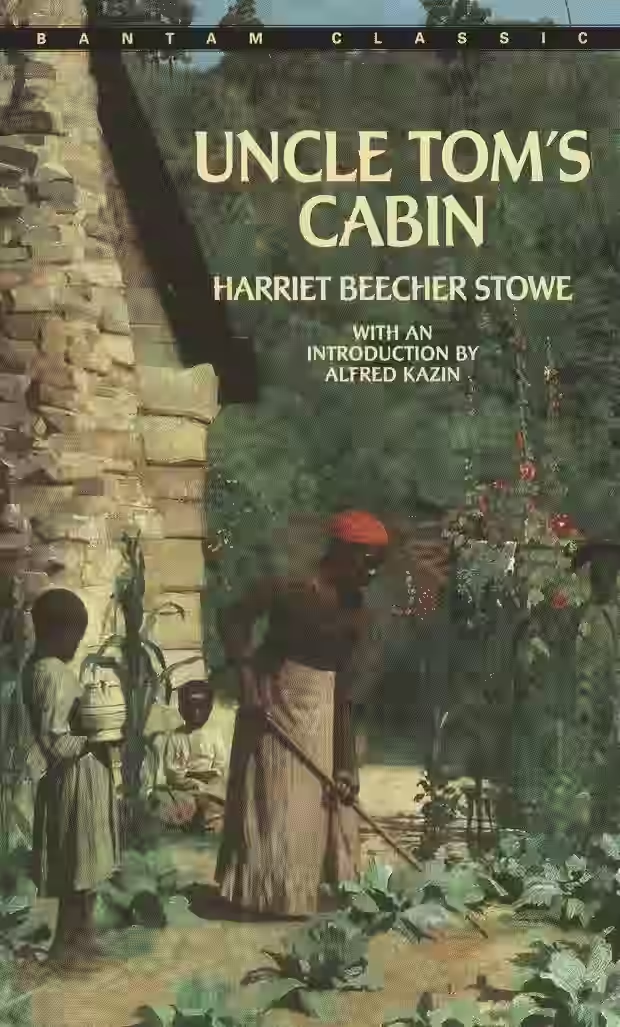
Uncle Tom’s Cabin
A landmark anti-slavery novel, Uncle Tom’s Cabin tells the story of enslaved man Tom and the brutal realities of slavery in 19th-century America. With vivid characters and emotional power, it galvanized abolitionist movements and shaped public opinion like no other book of its time. Though controversial for its portrayals today, it remains a pivotal work in American literature and history, sparking empathy and national debate.
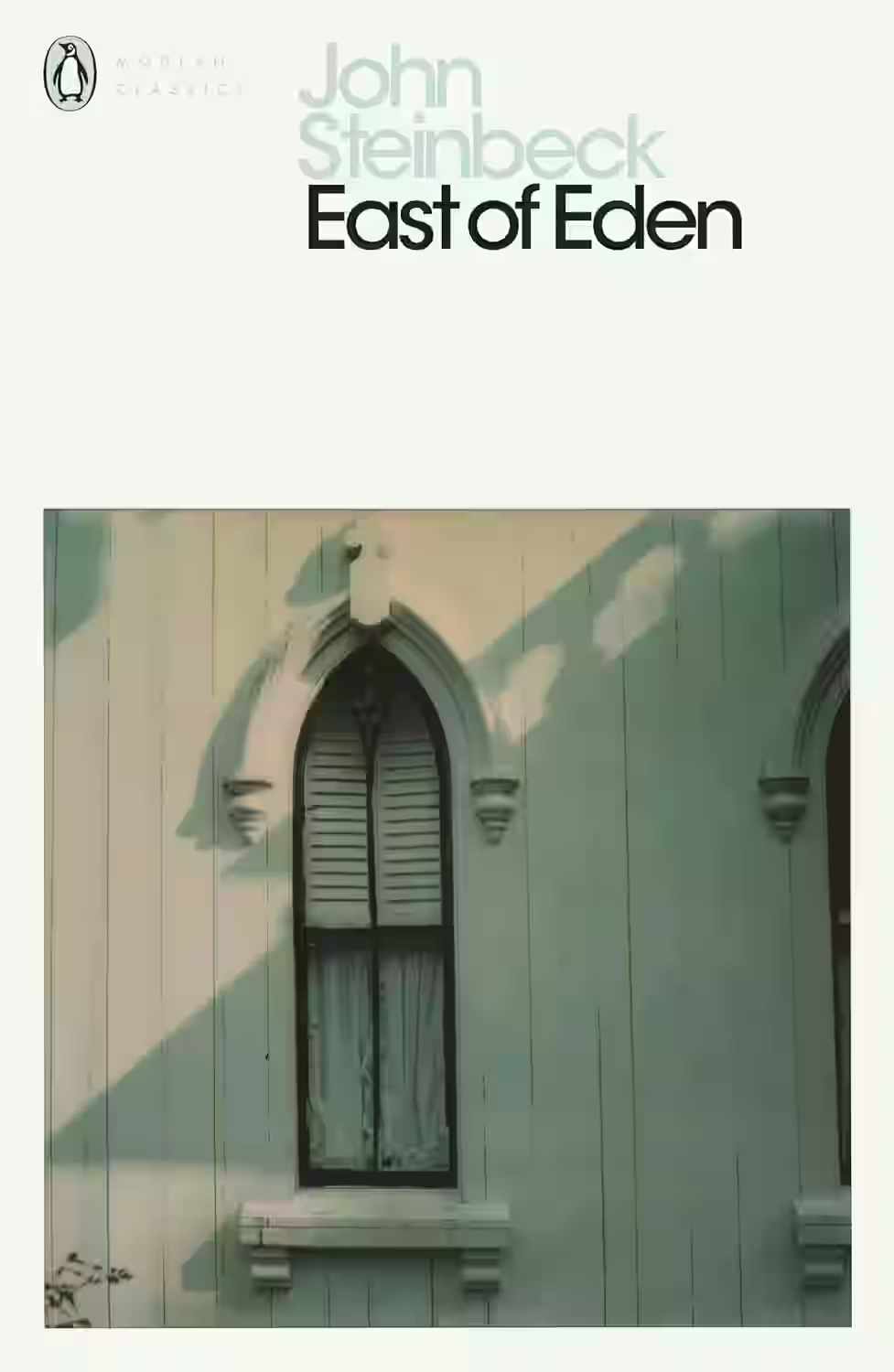
East of Eden
Set in the rich farmland of the Salinas Valley, California, this powerful, often brutal novel, follows the interwined destinies of two families - the Trasks and the Hamiltons - whose generations hopelessly re-enact the fall of Adam and Eve and the poisonous rivalry of Cain and Abel. Here Steinbeck created some of his most memorable characters and explored his most enduring themes- the mystery of indentity; the inexplicability of love, and the murderous consequences of love's absence.
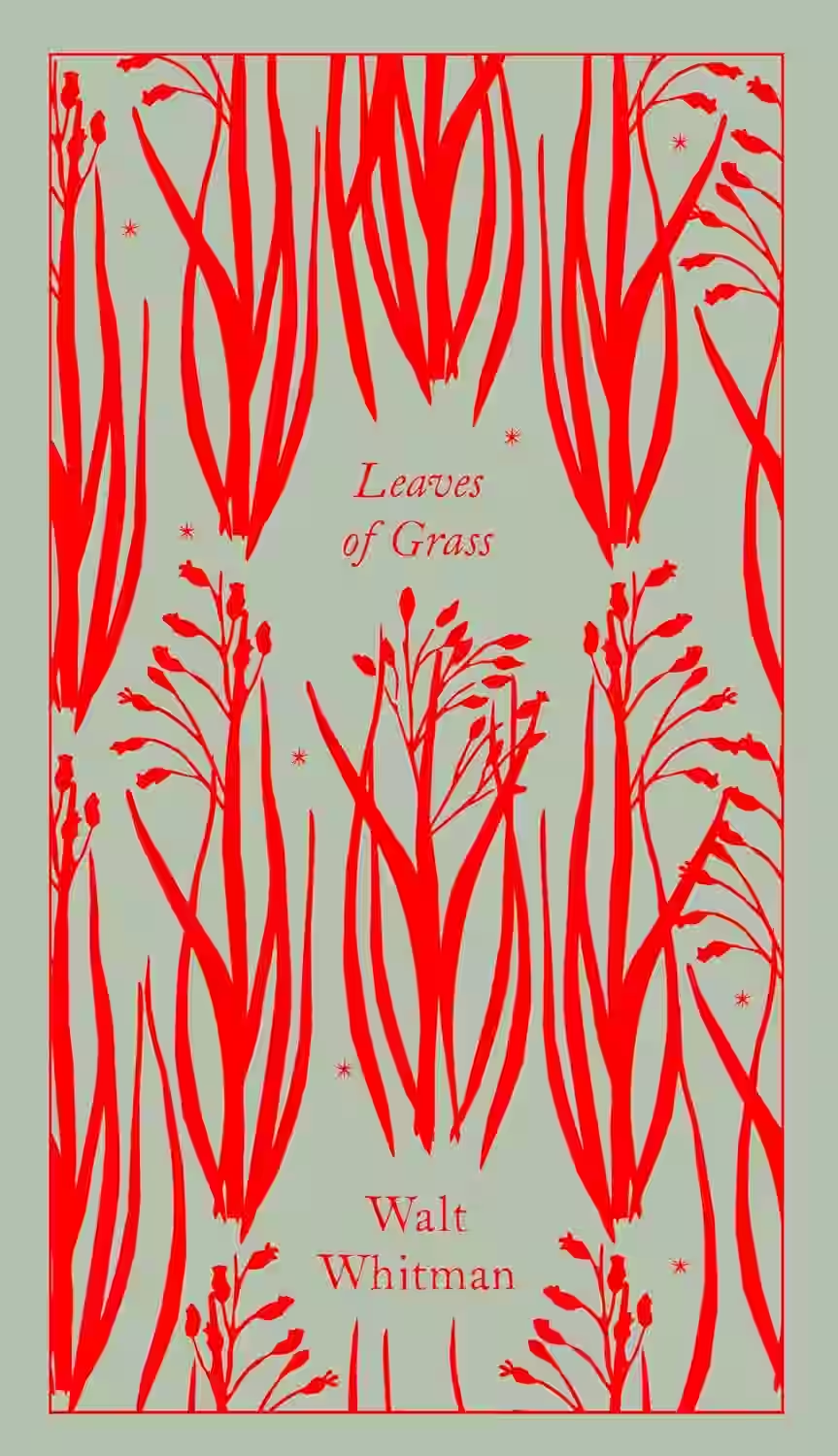
Leaves of Grass
by Walt Whitman
Leaves of Grass is Walt Whitman’s life work: a revolutionary poetry collection celebrating individuality, nature, democracy, and the human spirit. With free verse and vivid imagery, Whitman captures the vitality of 19th-century America and the transcendence of the self. Constantly revised over his lifetime, it includes iconic poems like “Song of Myself.” It’s a lyrical, sensual, and philosophical exploration of being, unbound by traditional poetic form.
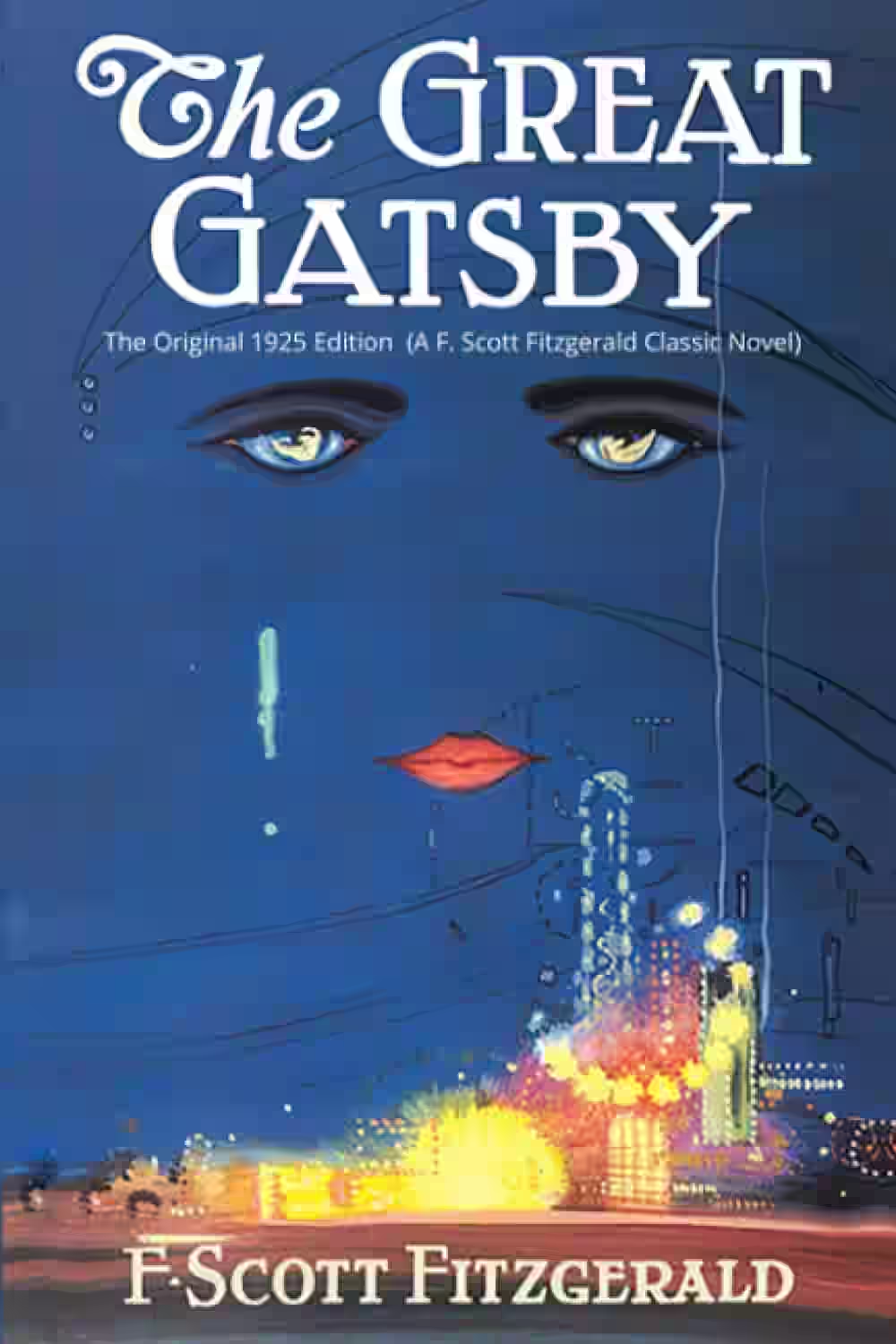
The Great Gatsby
Set in the decadent summer of 1922, this masterpiece follows mysterious millionaire Jay Gatsby's obsessive pursuit of his former love, Daisy Buchanan. Through the eyes of narrator Nick Carraway, the story unfolds in a world of lavish parties and empty morality, exploring themes of wealth, love, and the corruption of the American Dream. As Gatsby's facade crumbles, the novel reveals the hollow heart of the Jazz Age.